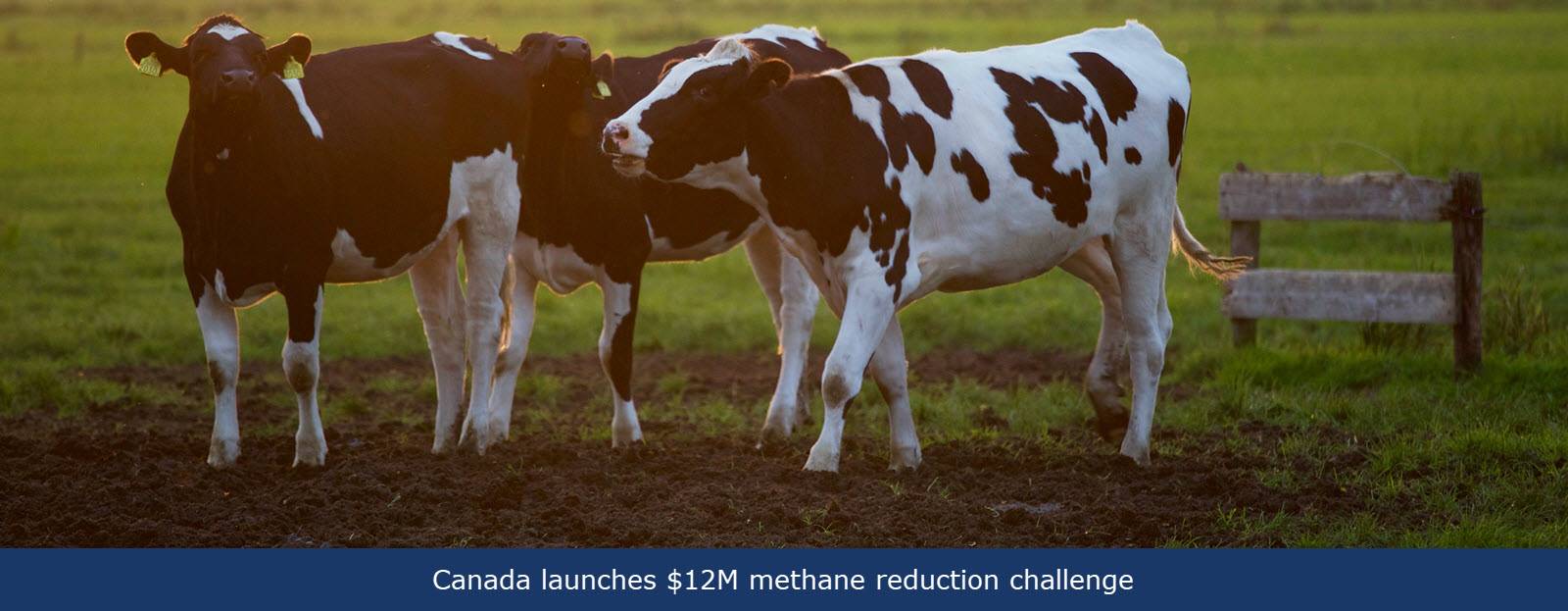
Agriculture and Agri-Food Canada has announced the Agricultural Methane Reduction Challenge. This initiative, representing a partnership between government and agricultural sectors, is designed to promote innovative, low-cost, and scalable solutions to reduce methane emissions from cattle.
The Challenge underscores Canada’s commitment to environmental stewardship and aligns with its 2030 methane reduction goals. Representing Minister Lawrence MacAulay, Francis Drouin unveiled the Challenge, which offers up to $12 million in awards for successful innovators.
This initiative highlights the importance of collaborative efforts in tackling climate-related challenges in agriculture. It builds upon the existing environmental commitments by livestock producers and industry groups, such as the Canadian Beef Advisors and Dairy Farmers of Canada, who have set ambitious targets for emission reduction.
The Challenge’s structure involves a phased approach, ensuring thorough evaluation and support at each stage.
Up to 20 projects will initially receive $250,000 each, followed by larger grants in subsequent stages, culminating in two grand prizes of $1 million. This structure is designed to encourage participation and ensure the development of practical, impactful solutions.
Canadian cattle farming is already recognized for its relatively low greenhouse gas emissions per pound of beef produced. This initiative seeks to further this achievement, contributing significantly to Canada’s broader methane strategy and the global effort to reduce greenhouse gas emissions.
Participants from various sectors, including the cow-calf, dairy, and feedlot industries, are encouraged to apply by February 2024.
The government says the Challenge aims to reduce emissions and support the growth of Canada’s agricultural sector, ensuring its continued global competitiveness in sustainable cattle farming.
Deadline to apply is February 7, 2024. Click here to apply for the methane reduction challenge.

